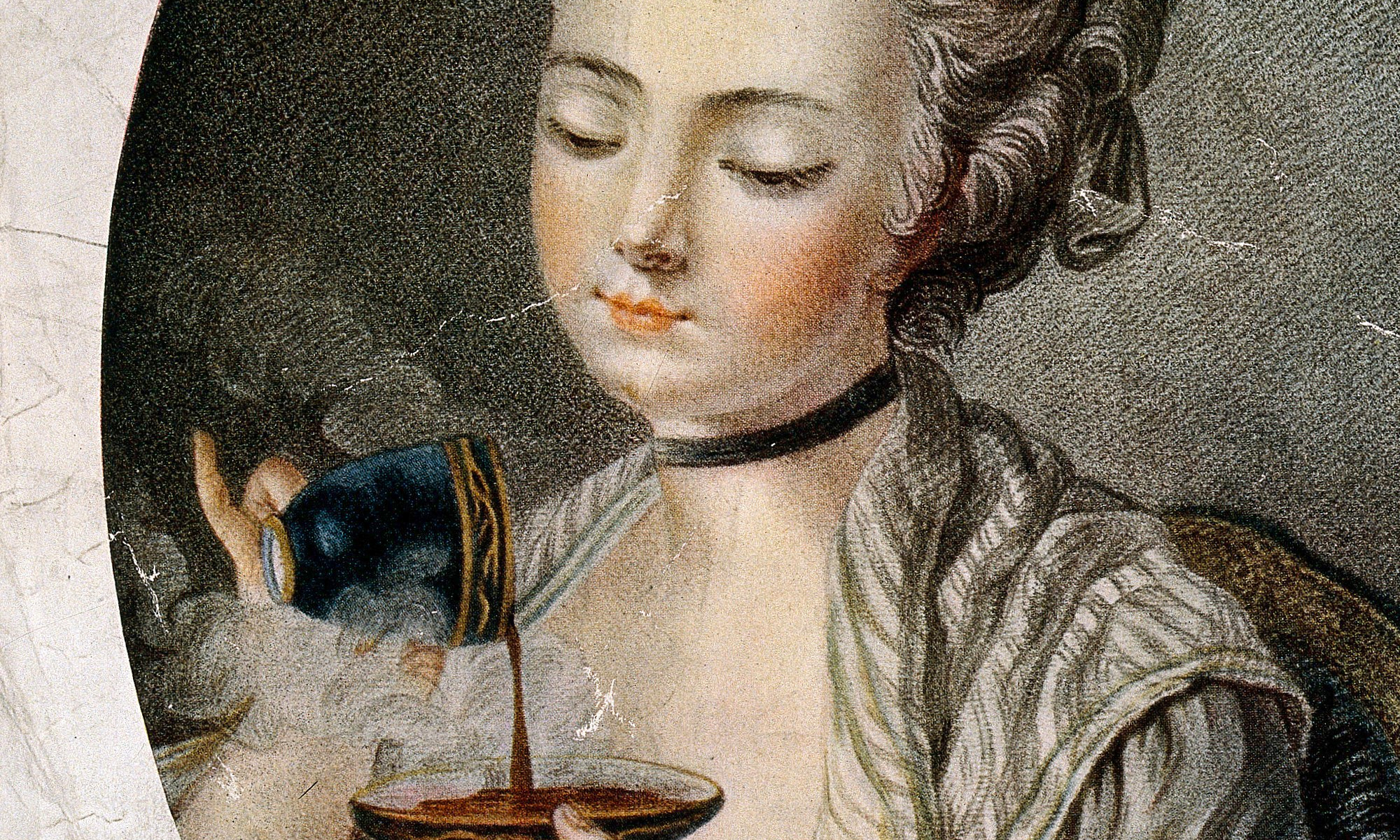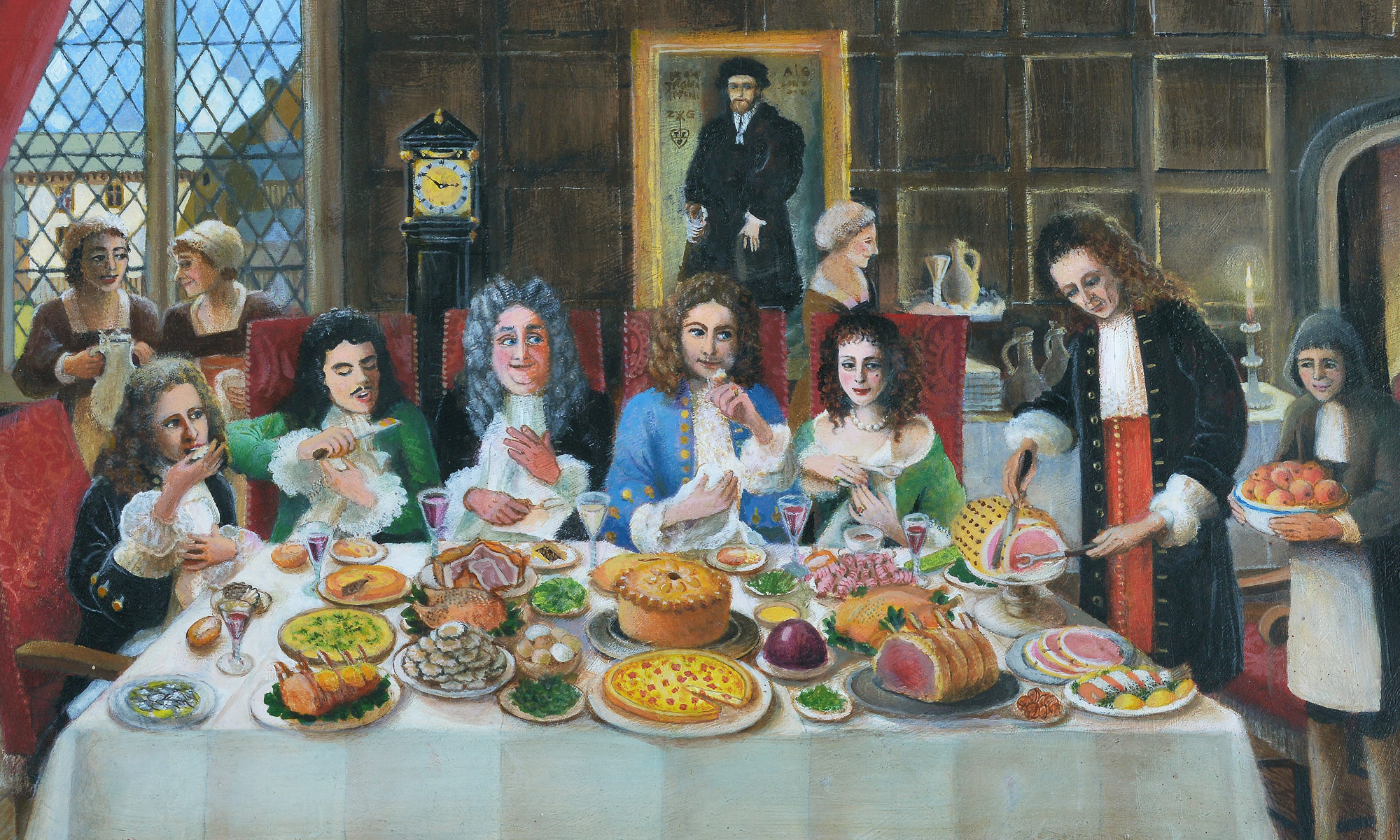The word ‘intoxicant’ has a central place in this project, as in wider scholarship. But what does the term really mean, and why do historians use it so regularly? Intoxicant is mainly used mainly to describe products which intoxicate – that ‘fuddle or make drunk’, or that artificially alter one’s physiological or neurological state. As Phil Withington and others have argued, whereas alternative words like ‘drugs’ possess strong ideological connotations pertaining to modern society and are more limited in what they evoke (mainly classified substances), intoxicant is a broadly encompassing neutral term, making it useful for describing and investigating a host of present-day consumables in different historical contexts. Usually, as in the Intoxicating Spaces project, scholars who talk about intoxicants refer to a familiar range of narcotics such as alcohols, coffee, opium, tea, and tobacco. Most of these commodities became popular from the early seventeenth century onwards as a consequence of increasing global trade and colonialism.

The Impact of New Intoxicants on Urban Spaces in Europe, 1600–1850
